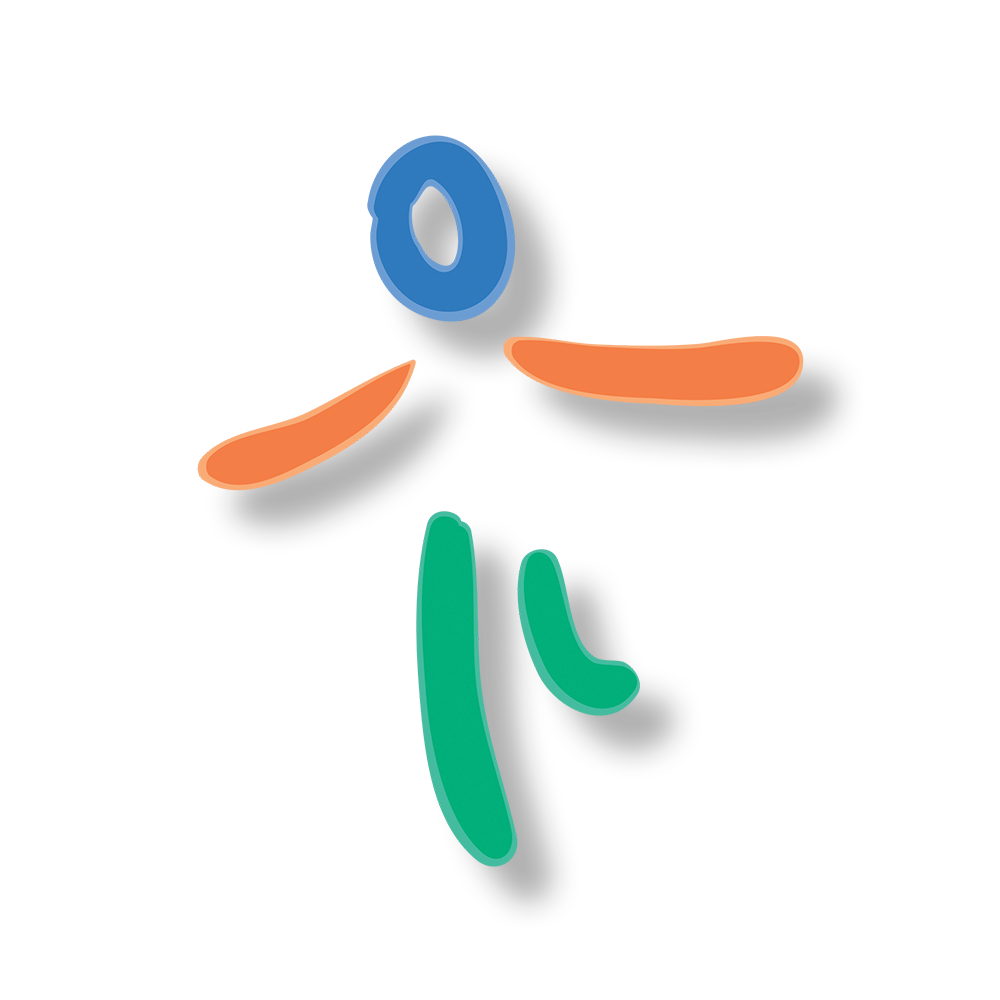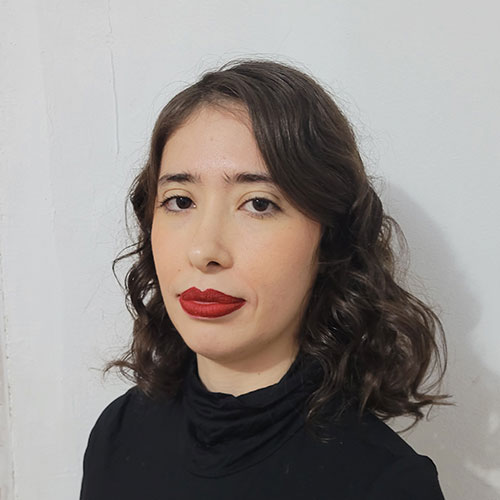The project trains individuals with intellectual disabilities and autism to live independently
Instituto JNG (‘Institute JNG’) promotes autonomy for adults with intellectual disabilities or autism through independent living


One of the greatest challenges for parents of children with disabilities is ensuring their independence, especially in adulthood. Out of this concern, and noticing the lack of opportunities, three mothers came together to create Institute JNG, which promotes autonomy for adults with intellectual disabilities or autism, focusing on independent living and self-sufficiency.
Ten years ago, as João, Nicolas, and Gabriela (the JNG trio) finished their school years, their mothers noticed a void in the future for their children. “Often, people with intellectual disabilities remain in school longer than usual. We see this as a disconnect from the normal life cycle. Just because they have a disability doesn’t mean they don’t have a life cycle like the rest of us”, says Flávia Poppe, one of the founders.
Recognising the need for a transition into adulthood but facing few opportunities, the three mothers began researching. They discovered that the concept of independent housing typically only arises toward the end of life. “There’s this idea that residences are for the end of these individuals’ lives, which is indeed important, but there’s also another purpose.”
They then came across an independent living model in England, where people with disabilities, regardless of their level of need, had the chance to live on their own. “We realised that what makes this independence possible is support — skilled, trained support with an anti-ableist vision. It’s not about doing everything for them; it’s about promoting autonomy”, explains Flávia.
The methodology observed in England was tested and adapted by education professionals at the Universidade do Estado do Rio de Janeiro (UERJ – ‘University of the Estate of Rio de Janeiro’, in English). Flávia highlights that they also sought partnerships to avoid starting from scratch and reached out to some organizations already working in the field of private residential care.
As a result, the pilot phase of the project was completed in December 2023. Today, Instituto JNG’s independent housing program operates in a building in the Flamengo neighbourhood in Rio de Janeiro’s southern zone.
The residence offers easy access to public transportation and local businesses. Additionally, non-disabled individuals also live in the building. Currently, 10 individual apartments are available, with residents of both genders, aged between 23 and 33.
To support this process, a support team is available 24 hours a day. “They stay in the same building but in a separate area”;
“The support staff are skilled professionals focused on promoting autonomy, not on merely attending to the residents. They’re not cleaners or nurses; they’re people who help develop their skills when necessary.”
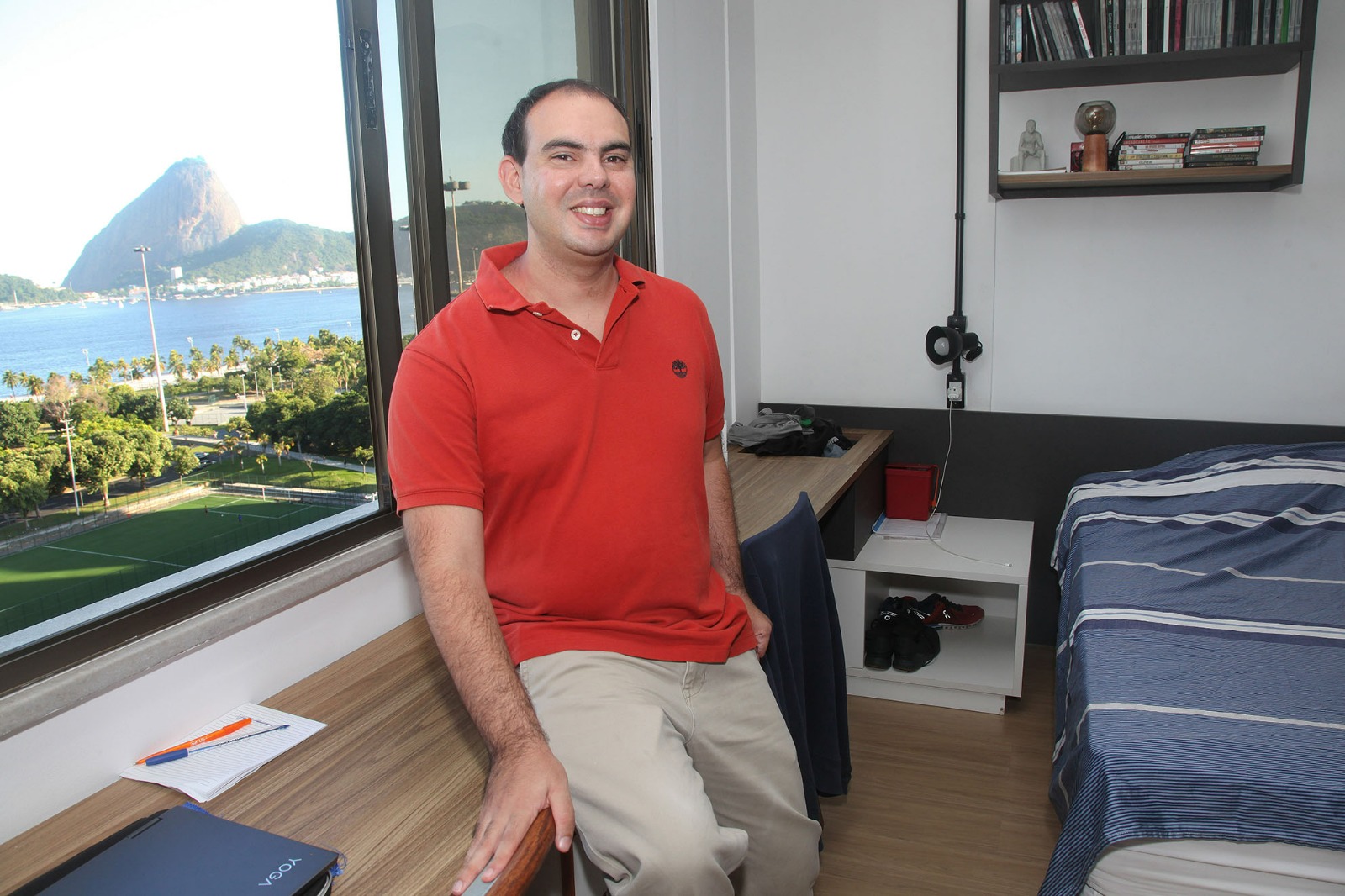
Developing skills
To foster these skills and the independence of residents, the Institute has a Programa Personalizado de Apoio (‘Personalized Support Program’, in English). Before moving into the residence, individuals undergo a profile evaluation, and once they arrive, specific goals are set for each person and the type of support they need.
The multidisciplinary team includes social workers, educators, psychologists, and nursing assistants. “The strength of the team lies in their ability to see that there are strategies and that the space, their lives, is a real fabric to be worked on.”
“Some residents need help with meal preparation, handling kitchen utensils, or learning to make a snack. Others need support to organise a shopping list or understand the value of money. It’s through these areas that autonomy develops”, says Flávia.
Beyond housing, the Institute is also dedicated to other pillars, such as employment and socialisation. “It’s important for young adults to have the perspective of professional achievement, to engage and to train in an area of interest.”
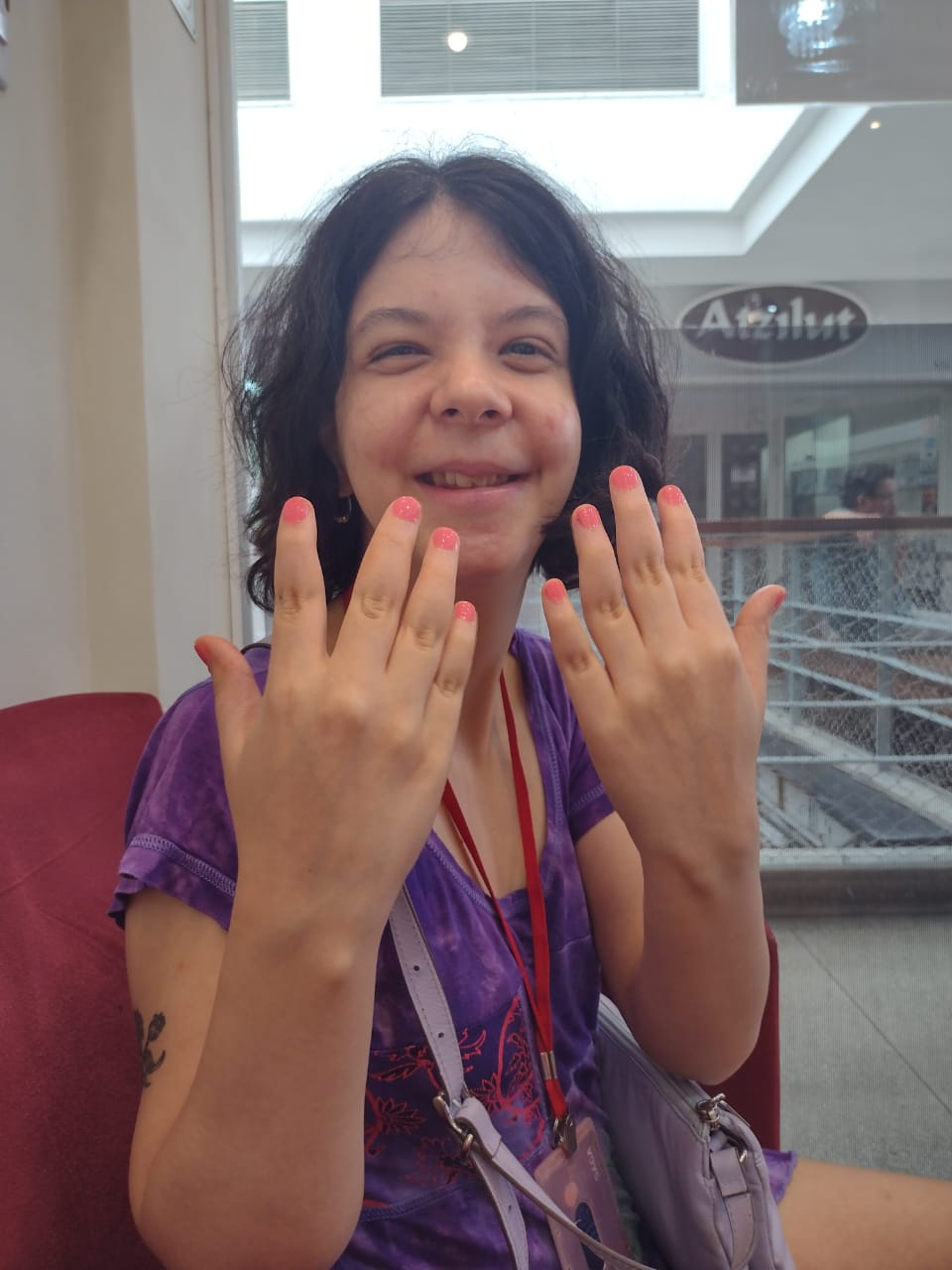

Engaging families
The support extends to families as well. “We offer a welcoming environment. It’s not like the residents come in and families stay outside. The team is also trained to be sensitive to the information families share, creating a significant sense of security.”
In the adaptation process, family support is important, but residents often show surprising progress quickly. “Sometimes, we design a personalised support program for three months, and within two weeks, the individual has already developed that skill.”
Flávia shares that witnessing their progress is empowering. “It’s really powerful because it breaks expectations. You change the path, literally. There’s a belief that they’ll grow old with their parents, that they’re incapable, that they can’t be integrated into society. And suddenly, there’s a path, and they’re saying, ‘Oh, there’s sunlight here, there’s a view, I can choose my trail here.’ It’s their life”, she concludes.
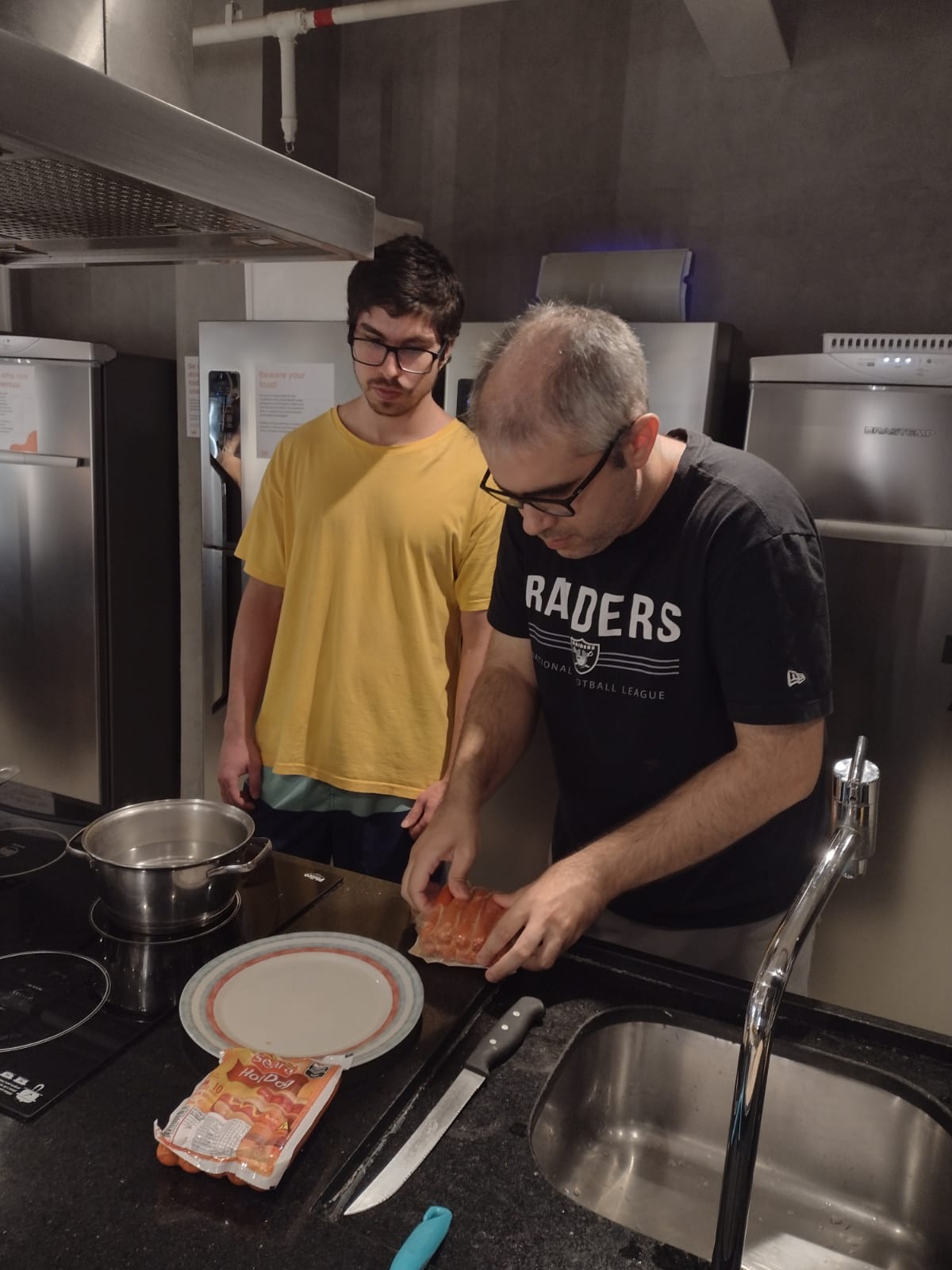

Interested in supporting Institute JNG? Here’s how
Individuals or companies can donate to the Institute JNG. Simply reach out via the website. Visit their Instagram and LinkedIn pages to learn more.
